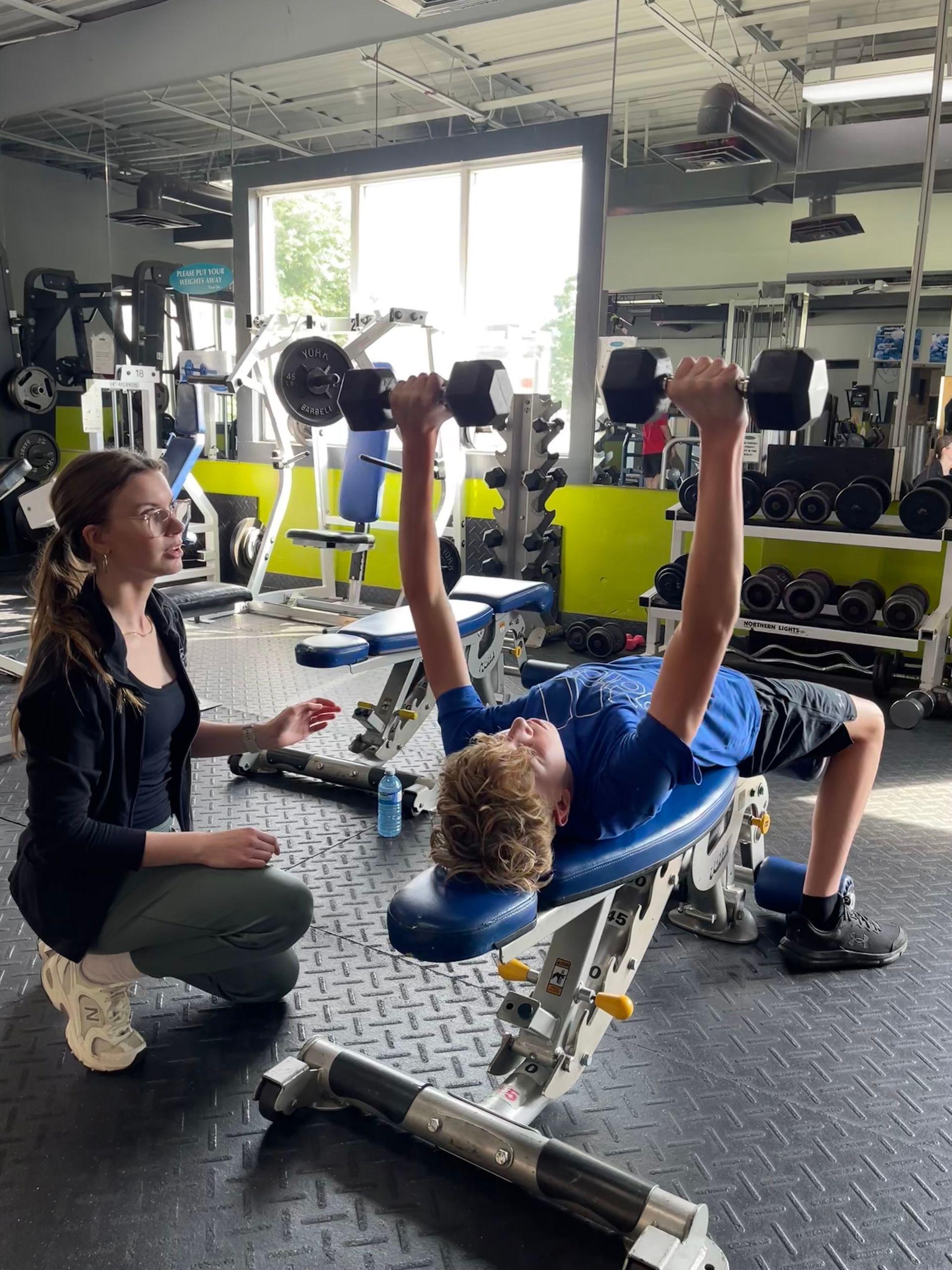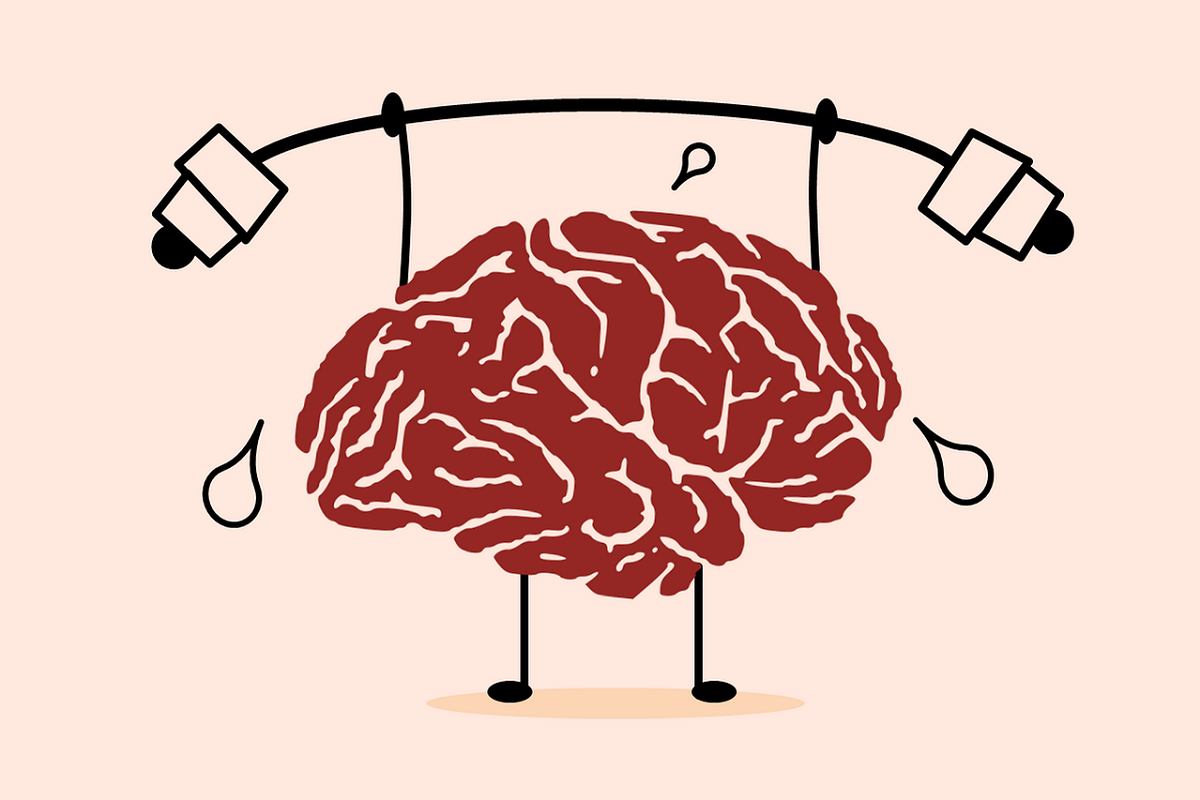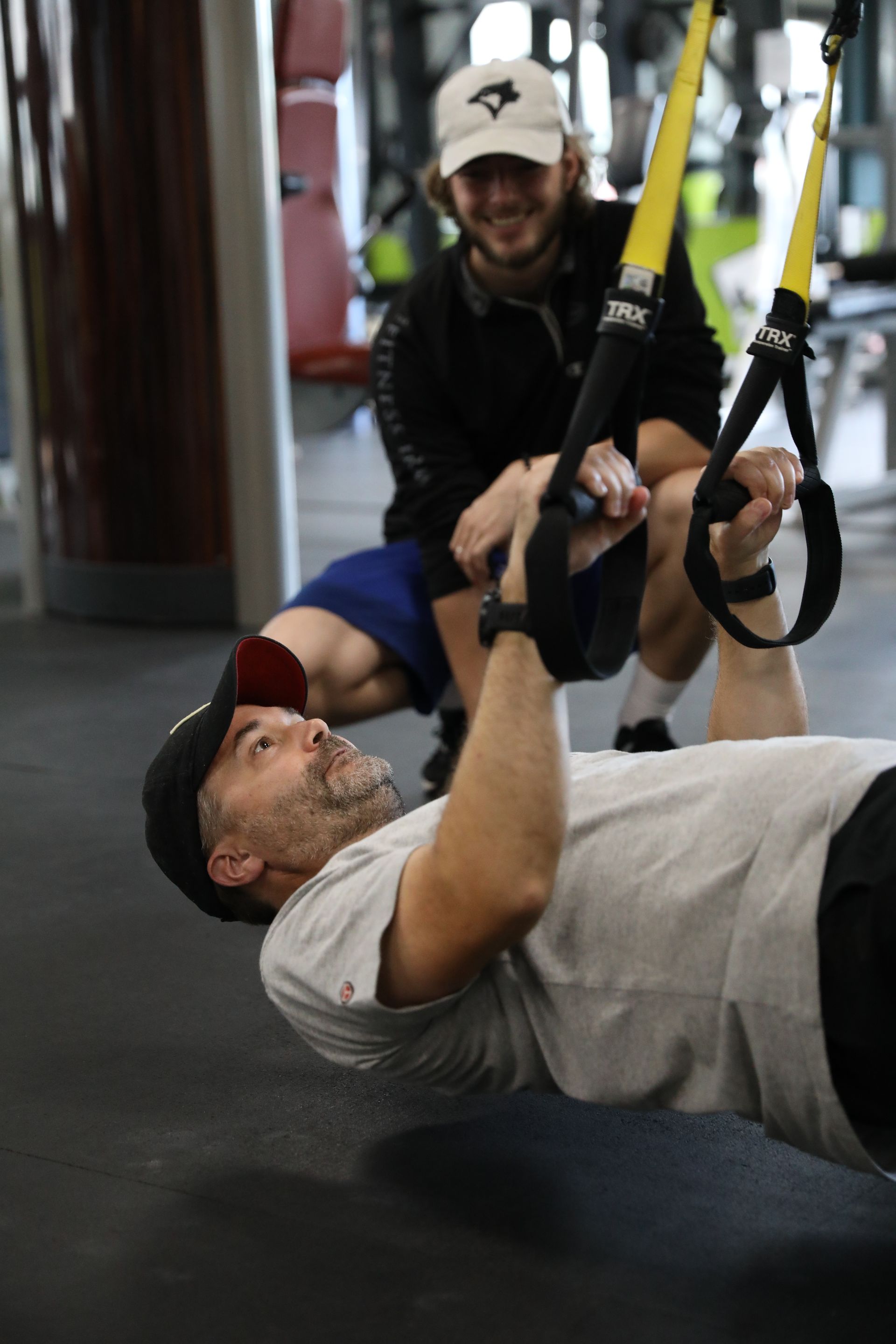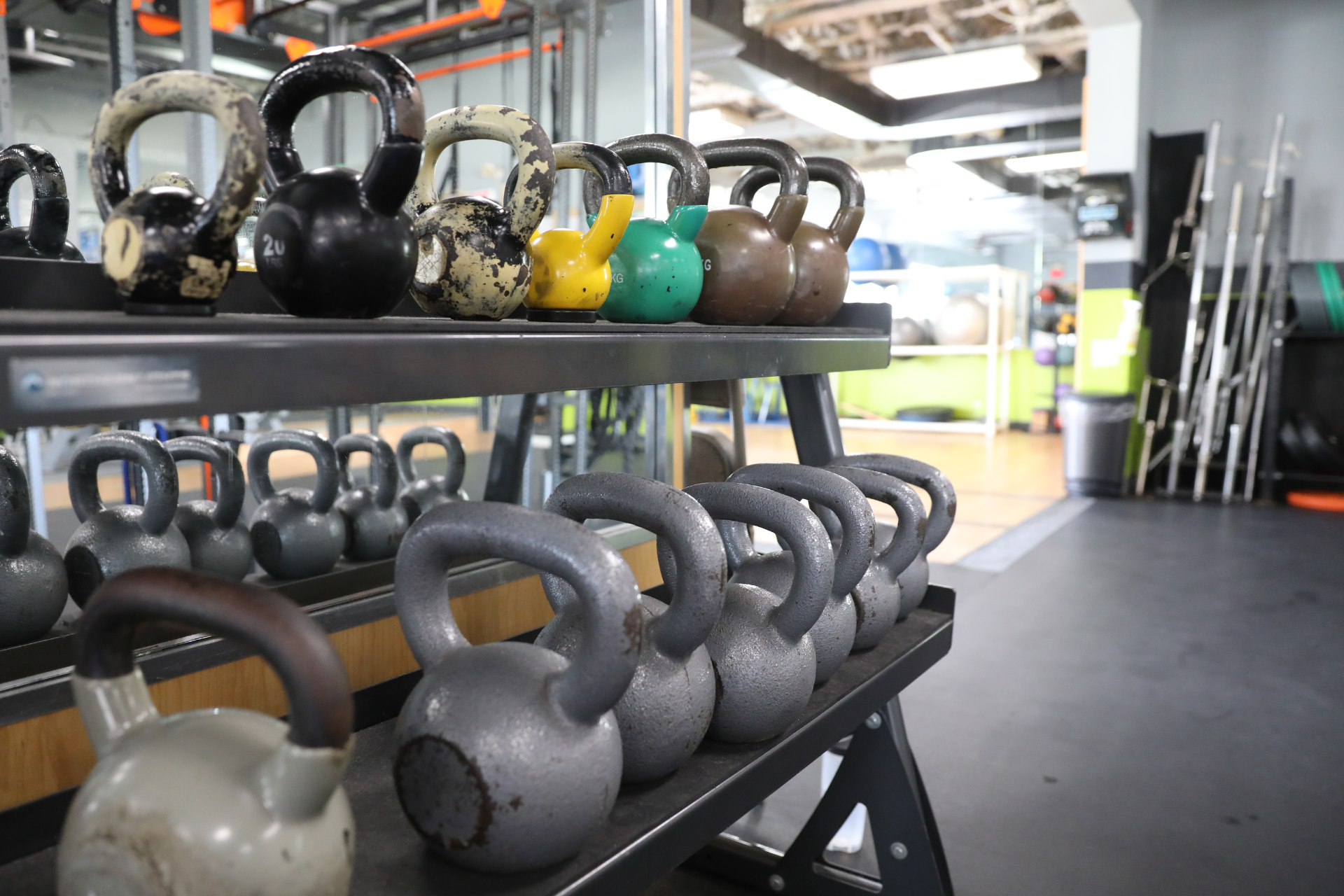Research shows that most adults gain 1-2 lbs every year at holiday season. Here’s how to prevent that from happening.
- With the added tasks and stress of shopping, socializing and finishing up at work this week – ensure you take a little extra time to rest when you can. Even if you’re not sleeping. Practice a 5-10 min mediation mid-day to get you through to the end of the week until Christmas hits. The rest supports your parasympathetic nervous system which keeps your anxiety in check, your digestion moving and your immune system strong.
- Social luncheons and dinners can become your lunch or dinner time meals – provided they are well – balanced including a hefty vegetable portion, a protein source and a small amount of high fibre carbohydrate. For afternoon and mid-morning socials… keep your snacking at a minimum. For example – 2 pieces of cut up fruit, a piece of cheese and one cracker. Yes.. thats all you need! If you are bringing a dish – bring a healthy one. That way you know for sure there’s something for you there. Be really diligent on the non-social days to make up for the social ones. Its all about balance.
- Get moving. Even though its a busy time of year, plan to stay tuned into your fitness program. Whether its the gym, a sport or outdoors – stay active. It will help battle the extra calories and keep you feeling positive and strong throughout the season.
- Most of all – practice awareness of your behaviours. How much are you nibbling? Are you avoiding your exercise because you’re out of time? Getting to bed at a reasonable time? When you practice awareness, you will notice your tendencies that lead to poor lifestyle choices. If you are committed to staying healthy – your awareness will re-direct you to make the healthy choices.
Wishing you all a safe and happy holiday season From all of us here at The Firm!










